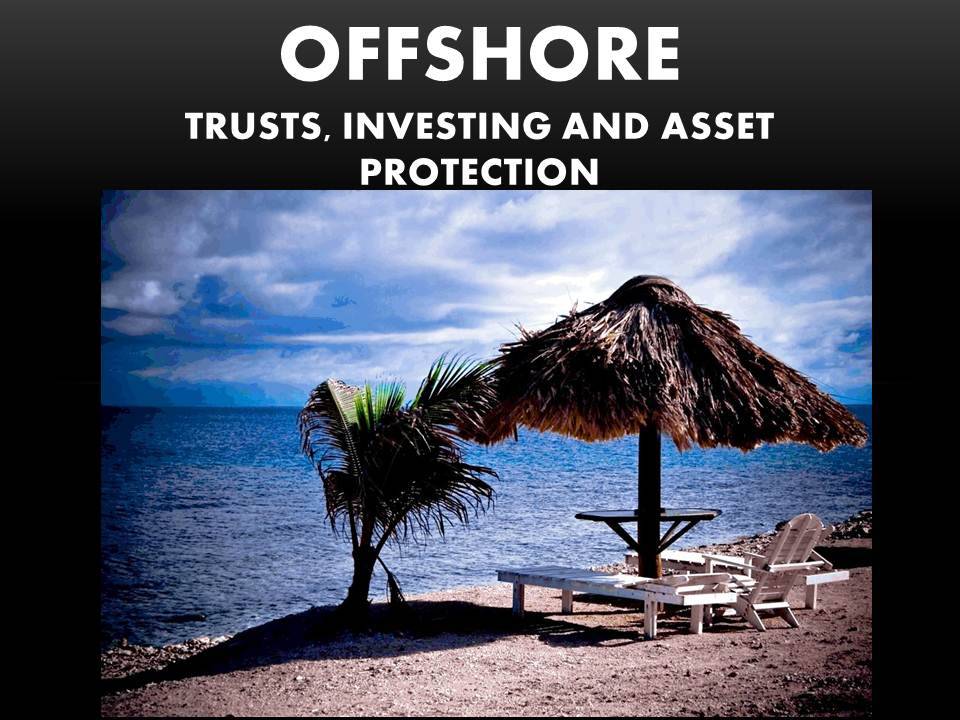 Using the massive deterrence and proven level of protection available in offshore Asset Protection systems requires a team of experienced and knowledgeable professionals working to make sure that you are doing things safely, legally and effectively.
Using the massive deterrence and proven level of protection available in offshore Asset Protection systems requires a team of experienced and knowledgeable professionals working to make sure that you are doing things safely, legally and effectively.
That team typically includes an Asset Protection attorney, a trustee, an offshore bank, a great CPA, and an investment advisor. As a team they watch over your family and assets.Financial Advisor Richard Arnold is one such experienced professional. We asked him to share some important basics below. -Ike Devji
By Richard L. Arnold
Physicians, business owners, real estate developers and others are increasingly concerned with protecting their assets/net worth in these difficult economic, political and litigious times. Those who have prepared in advance for potential lawsuits or negative economic events have considered establishing Asset Protection Trusts. These Trusts can have their assets held by a foreign bank, and managed by a financial advisor in the U.S. An Investment Policy Statement is prepared that defines the return objectives, risk tolerance and time horizon of the trust.
Here are a few answers to FAQ’s related to managing your investments in an offshore Asset Protection Trust:
• The foreign bank is the custodian for the investments in the Asset Protection Trust, therefore it is important to choose a bank that is financially solid as the investments will be in excess of insurance on deposits. Financial information on the banks can usually be obtained and evaluated.
• Generally, foreign banks can buy any U.S. individual stock, ETF or mutual fund. They can also buy foreign stocks, bonds and mutual funds, but contrary to typical wealth management in the U.S., money managers are normally not used due to the volume of transactions. If the trust is using a U.S. Advisor, purchase recommendations are sent by the Advisor to the Trustee, who then instructs the bank to make the purchase.
• The custodian bank charges transaction fees to buy and sell securities, which are about 1.8% for both a purchase and a sale. If the bank is managing the assets, additional fees run about 1.1% to 1.3% depending on the size of the account. This fee can be avoided by using a U.S. Advisor whose fees generally range from 70 to 90 basis points depending on the size of the trust. Be sure to choose an advisor who is experienced with offshore trusts.
• IRS rules require the preparation of various forms and there have been recent changes to the reporting requirements. Consult a knowledgeable tax specialist to be sure you are complying. The tax requirements are not onerous, but of course must be complied with. We work with tax advisors who have experience in reporting offshore investments.
We operate as a multi-family “family office”, managing approximately $1B in assets. Please call me if you are interested in discussing our services further, or contact Ike Devji.
Richard L. Arnold, Advisor and Operations Manager
CB&T Wealth Management and The Corundum Group
1 South Nevada Ave., Suite 200
Colorado Springs, CO 80903
Direct (719) 228-1083 Cell (719) 330-1226
Rick.Arnold@centralbancorp.com www.centralbancorp.com


